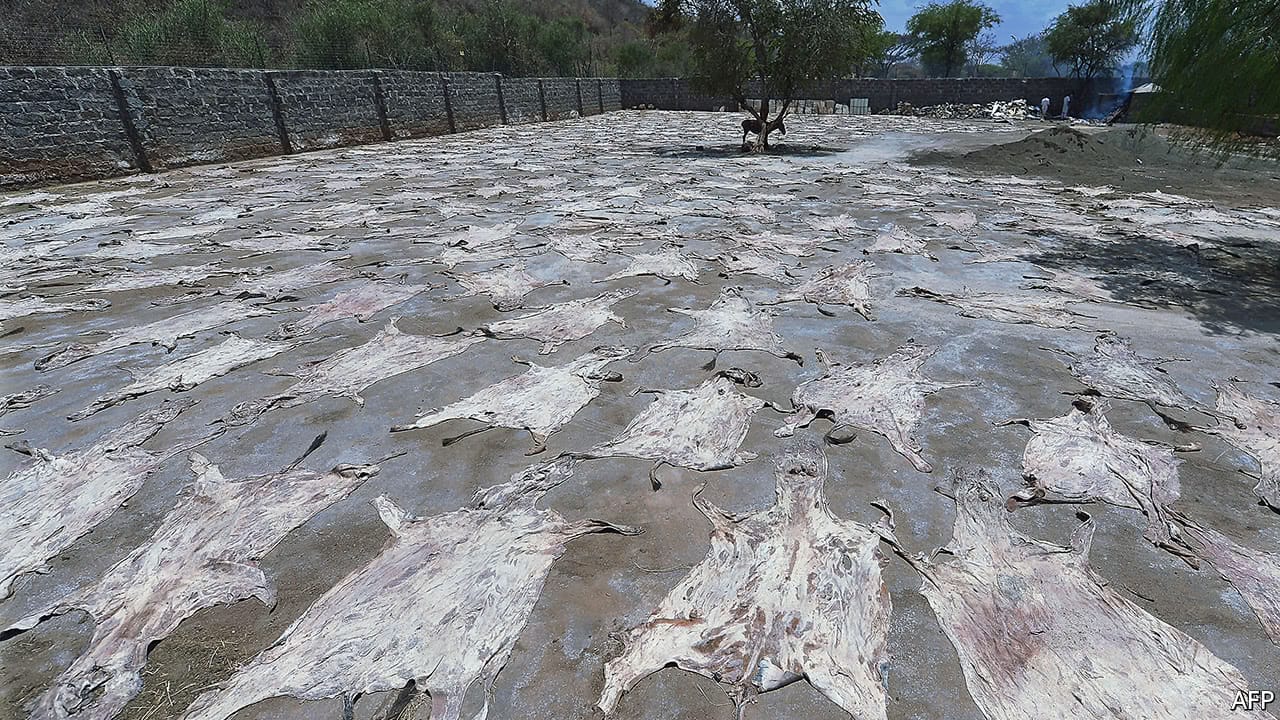For the natural world, China’s rise may not be so worrisome
Look what the new year has brought

UNTIL the end of 2017, carved elephant tusks were still sold legally in China. International trade in ivory had been banned by the government since 1990, but not domestic transactions. At a shop in a glitzy mall in Beijing, the manager showed off his prize exhibit: a carving the size of a football of 30 ivory spheres, one inside the other, each moving separately and intricately carved. It was an example of an ancient craftsmanship, and one that has no future. On January 1st China banned ivory sales. The last ivory-carving factories and shops (including the one in Beijing) closed.
This article appeared in the China section of the print edition under the headline “Tusks, skins and waste recycling”
More from China

Millions of Chinese people play guandan. Is that good or bad?
The Communist Party is torn on the merits of the popular card game

Time for China to get serious about its methane emissions
Officials mull a future of less coal and fewer cows—and don’t like it

Why are VPNs getting slower in China?
The government seems increasingly uneasy about people leaping over the great firewall
In China’s “median city” people are surprisingly risk-averse
Our columnist travels there to ask ordinary people two mega-questions
China’s rulers are surprised by Kamala Harris and Tim Walz
One has never been to China, the other has visited 30 times
Colin Huang, China’s richest man
He is the kind of tech billionaire the Communist Party can accept
